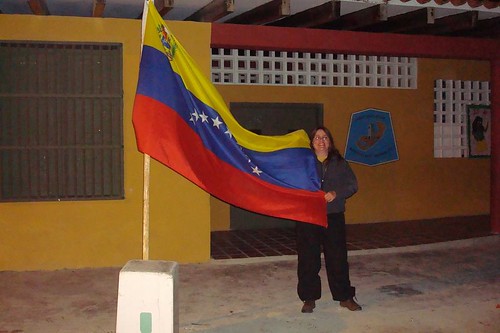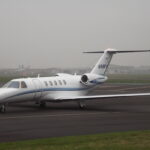Venezuela is a land blessed with stunning scenery and natural beauty, but it faces a paradox in terms of tourism.
Due to a severely limited aviation network, the country struggles to attract visitors from abroad despite its abundance of resources.
A drastic drop of 54% in connectivity to international destinations such as Panama, Dominican Republic and Peru has been caused by the suspension of commercial flight services on July 31, severely hampering tourism growth.
Marisela De Loaiza is the president of Venezuelan Airlines Association. According to her, the weekly number of international flights dropped from 181 down to just 83. This equates to 98 flights each week and 15,000 seats less.
She says that this drop is a serious blow for the Venezuelan tourism industry and economy.
Instability in politics and tourism
Vicky de Diaz is the president of Venezuelan Association of Travel and Tourism Agencies.
There was optimism before recent political events, as international tourism and new airlines began returning, with the help of influencers who promoted Venezuela’s hidden gems.
Politics, especially the election of July 28, has disrupted recovery.
Flight suspensions in Venezuela have affected vital routes for tourism to Panama, Dominican Republic and Peru.
Diaz emphasizes that these suspensions have a significant impact on travelers and businesses that depend on international tourism.
Diaz says that despite these difficulties, charter flights are a lifeline for many, bringing visitors to previously under-tapped markets like Russia, Poland and Trinidad.
She emphasizes, however, the importance of regular commercial flights in order to sustain the long-term recovery and growth of the tourism sector.
What is the reason for Venezuela’s decline in tourism?
Venezuela, with its bustling cities and beaches, was once a favorite destination of Europeans and Americans.
The humanitarian crisis of 2014 and rising crime rates since 2010 drove away visitors.
Venezuelan tourism is expensive. Flights from London to Caracas range from PS627 up to PS969, and once tourists arrive in Venezuela they are even more costly.
Caracas is a city where dining out can cost anywhere between $100 to $150. This luxury is out of the reach of most Venezuelans who make an average wage per month of $3.50.
Although crime and the conditions in general have improved over recent years, tourists are still discouraged by high prices, political instability and unreliable services.
Hotels, in particular, have installed backup generators, and have water supply systems. However, the recent suspension of flights has dealt a serious blow to a sector that was already vulnerable.
Venezuela’s paradox — a country rich in oil with a huge tourism potential, but struggling to draw tourists — is incredibly compelling from a geopolitical and economic perspective.
Tourism in the country is a grim picture due to its ongoing problems with aviation connectivity and stability.
But stronger international relations, and a smarter government could restore Venezuela’s rightful position on the world tourism map.
The road to that goal is still a difficult one, but worth the effort for a country with so many things to offer.
The post Venezuelan tourism paradox: Rich resources but struggles to attract tourists can be updated as new information becomes available.
This site is for entertainment only. Click here to read more






